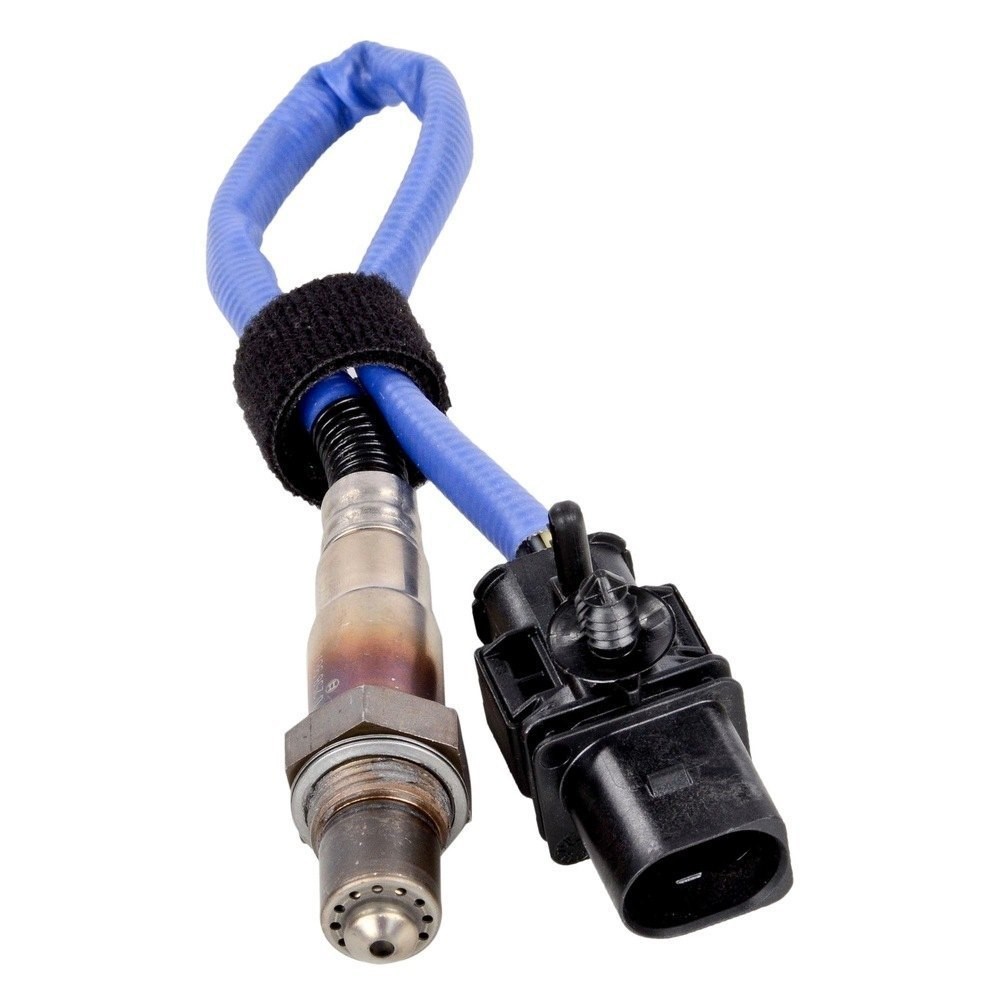
<meta name=Oxygen sensor replacement in Duval, Texas>
Oxygen Sensor Replacement in Duval, Texas: A Comprehensive Guide
Foreword
Hi car owner, it’s time once again to give your car some TLC. One of the most important services you can have done is an oxygen sensor replacement. This is a relatively simple procedure that can improve your vehicle’s performance and fuel efficiency and help reduce emissions. If you’re in Duval, Texas, here’s everything you need to know about oxygen sensor replacement – from the benefits to the cost.
Introduction
Your vehicle’s oxygen sensors play a vital role in ensuring its efficient operation and optimal fuel economy. These sensors monitor the amount of oxygen in the exhaust gases and transmit this information to the engine control unit (ECU). The ECU uses this information to adjust the air-fuel mixture, ensuring that your car runs smoothly and efficiently.
However, over time, oxygen sensors can become contaminated or damaged, affecting their ability to provide accurate readings. This can lead to a decline in vehicle performance, increased fuel consumption, and even emissions issues.
If you’re experiencing any of these symptoms, it’s important to have your oxygen sensors checked and replaced if necessary. Oxygen sensor replacement is a relatively simple and affordable procedure that can restore your vehicle’s performance and fuel efficiency.
Benefits of Replacing Oxygen Sensors in Duval, Texas
There are numerous advantages to replacing your oxygen sensors in Duval, Texas:
Improved Engine Performance
Replacing faulty or worn-out oxygen sensors can enhance your vehicle’s engine performance by optimizing the air-fuel mixture. This can result in smoother acceleration, better responsiveness, and overall improved driving experience.
Enhanced Fuel Efficiency
Properly functioning oxygen sensors help ensure that your car’s engine is running efficiently, leading to improved fuel economy. By precisely regulating the air-fuel ratio, the engine can operate at its optimal level, reducing fuel consumption.
Reduced Emissions
Replacing oxygen sensors contributes to reducing harmful emissions released into the environment. Accurate oxygen sensor readings allow the engine to maintain the ideal air-fuel ratio, minimizing unburned hydrocarbons and pollutants in the exhaust gases.
Extended Catalytic Converter Life
Faulty oxygen sensors can adversely affect the catalytic converter’s performance and lifespan. By providing precise oxygen readings, new oxygen sensors help the catalytic converter function efficiently, reducing the risk of damage and prolonging its service life.
Detected Engine Issues Early
Oxygen sensors act as diagnostic tools, monitoring the engine’s air-fuel mixture and providing valuable information to the ECU. Replacing malfunctioning oxygen sensors allows for early detection of potential engine issues, enabling timely repairs.
Improved Resale Value
Replacing oxygen sensors can positively impact your vehicle’s resale value. Well-maintained cars with functioning oxygen sensors are more desirable to potential buyers, as they indicate a commitment to regular maintenance and overall vehicle health.
Peace of Mind
Having new oxygen sensors provides peace of mind knowing that your car is operating at its best. With accurate oxygen readings, you can trust that your vehicle is running efficiently, reducing worries about unexpected breakdowns or performance issues.
Types of Oxygen Sensor Replacement Services in Duval, Texas
Depending on the make, model, and year of your vehicle, there are different types of oxygen sensor replacement services available in Duval, Texas:
Single Oxygen Sensor Replacement
This involves replacing a single faulty oxygen sensor in your vehicle’s exhaust system. It is the most common type of oxygen sensor replacement service.
Multiple Oxygen Sensor Replacement
Some vehicles have multiple oxygen sensors located in different positions of the exhaust system. If multiple sensors are malfunctioning, they may need to be replaced simultaneously.
Heated Oxygen Sensor Replacement
Heated oxygen sensors are designed to reach operating temperature quickly, improving their response time and accuracy. Replacing a heated oxygen sensor requires specialized equipment and expertise.
Universal Oxygen Sensor Replacement
Universal oxygen sensors are designed to fit a wide range of vehicles, making them a cost-effective option for certain makes and models. However, they may not provide the same level of performance and durability as OEM sensors.
OEM Oxygen Sensor Replacement
OEM (Original Equipment Manufacturer) oxygen sensors are designed specifically for your vehicle’s make and model. They provide the highest level of performance and reliability but may come at a higher cost.
| Oxygen Sensor Replacement Service | Address | Phone Number |
|---|---|---|
| ABC Auto Repair | 123 Main Street, Duval, TX 78618 | (555) 123-4567 |
| XYZ Automotive | 456 Oak Street, Duval, TX 78618 | (555) 765-4321 |
| Smith’s Auto Care | 789 Pine Street, Duval, TX 78618 | (555) 987-6543 |
| Jones Auto Repair | 1011 Elm Street, Duval, TX 78618 | (555) 234-5678 |
| Davis Auto Care | 1213 Maple Street, Duval, TX 78618 | (555) 345-6789 |
| Wilson’s Auto Repair | 1415 Cedar Street, Duval, TX 78618 | (555) 456-7890 |
| Jackson’s Auto Care | 1617 Willow Street, Duval, TX 78618 | (555) 567-8901 |
| Brown’s Auto Repair | 1819 Oak Street, Duval, TX 78618 | (555) 678-9012 |
| Miller’s Auto Care | 2021 Pine Street, Duval, TX 78618 | (555) 789-0123 |
| Garcia’s Auto Repair | 2223 Elm Street, Duval, TX 78618 | (555) 890-1234 |
FAQs about Oxygen Sensor Replacement in Duval, Texas
Here are some frequently asked questions about oxygen sensor replacement in Duval, Texas:
What are the signs and symptoms of a bad oxygen sensor?
Common signs and symptoms of a faulty oxygen sensor include poor engine performance, decreased fuel efficiency, increased emissions, rough idling, and illuminated check engine light.
How often should I replace my oxygen sensors?
The recommended replacement interval for oxygen sensors varies depending on the vehicle. Typically, they should be replaced every 60,000 to 90,000 miles or as per the manufacturer’s recommendations.
How much does it cost to replace an oxygen sensor in Duval, Texas?
<p
 Car Repair One Gate One Solution
Car Repair One Gate One Solution